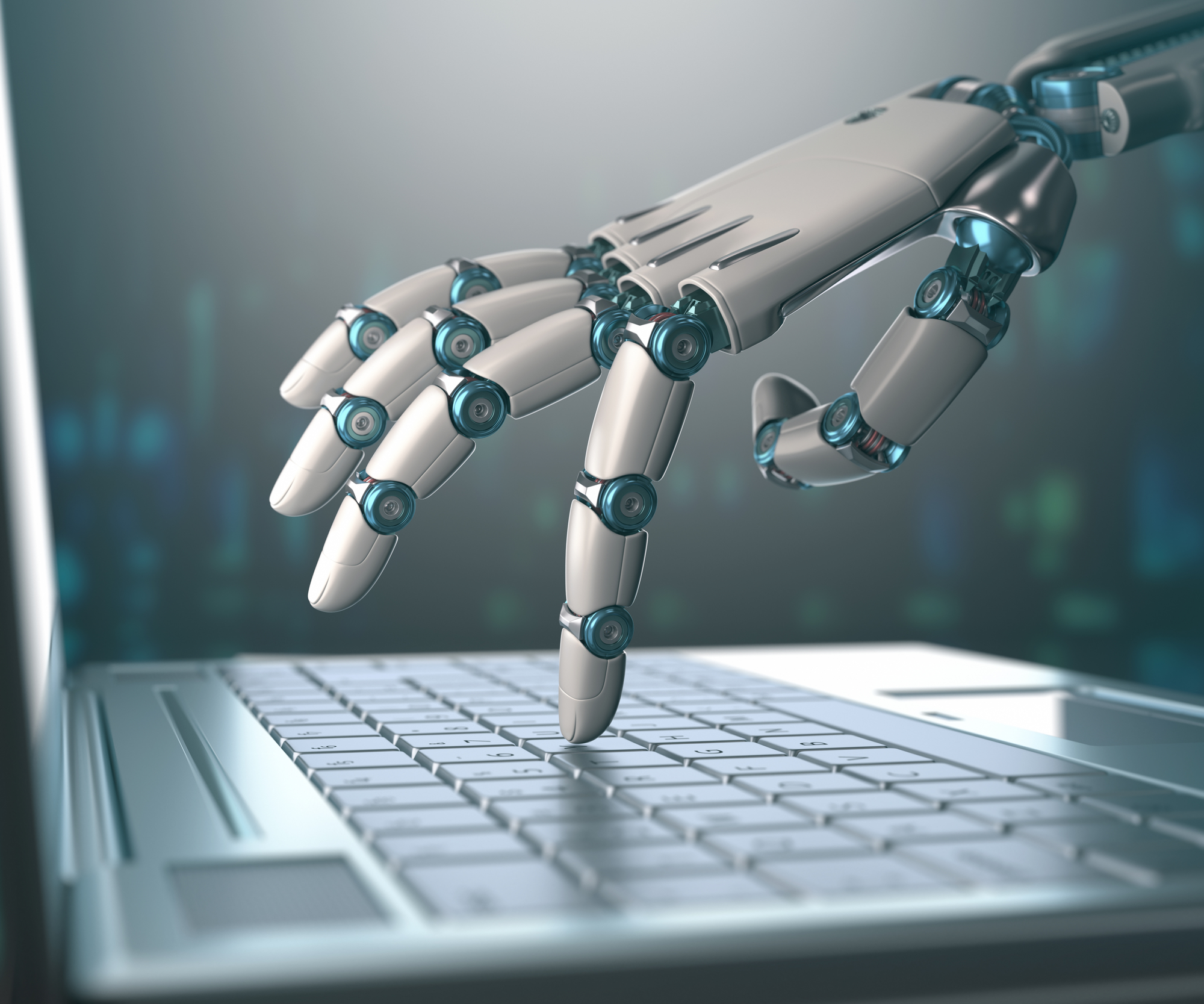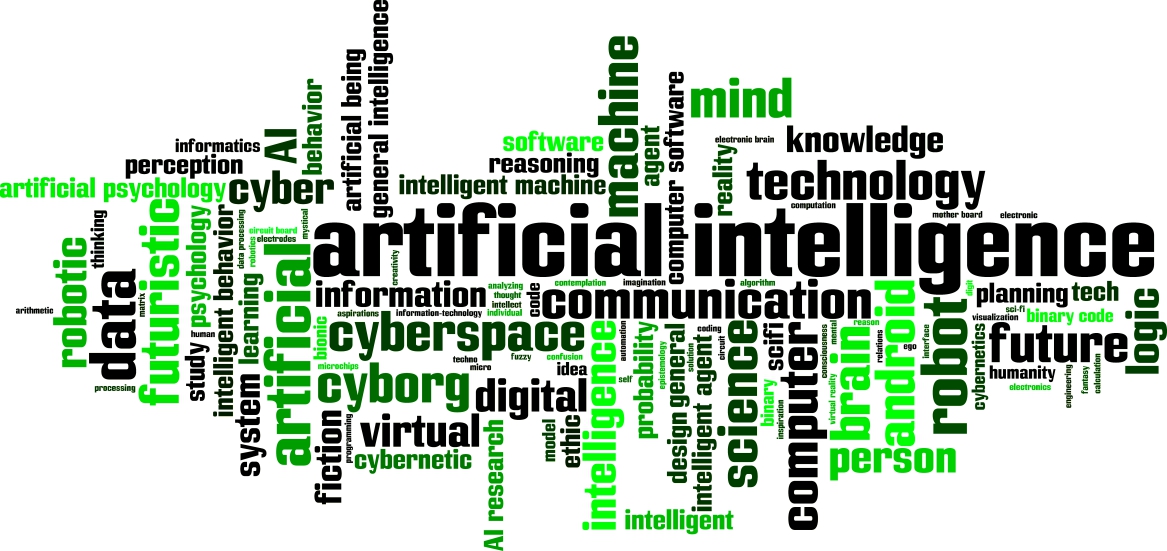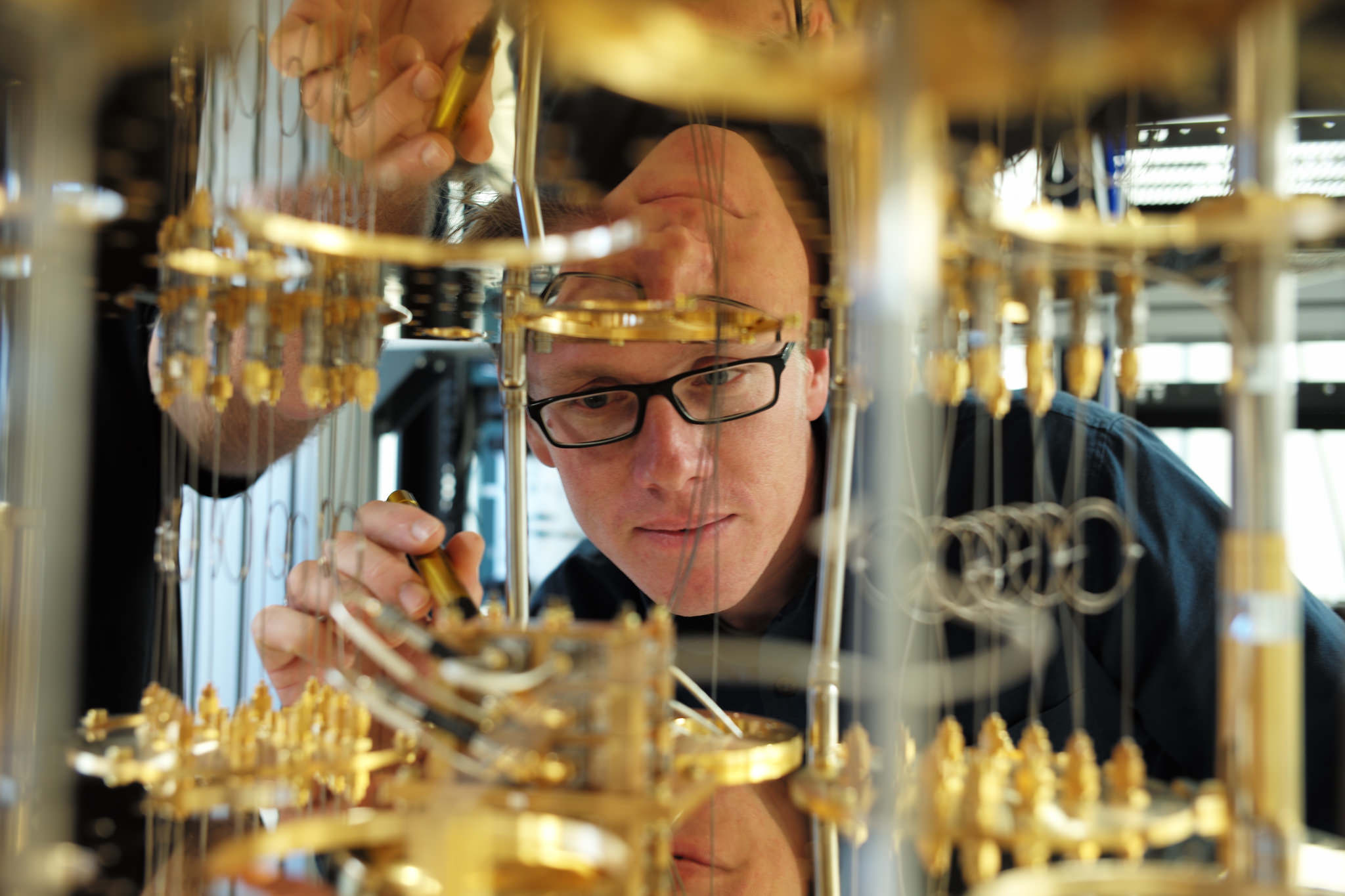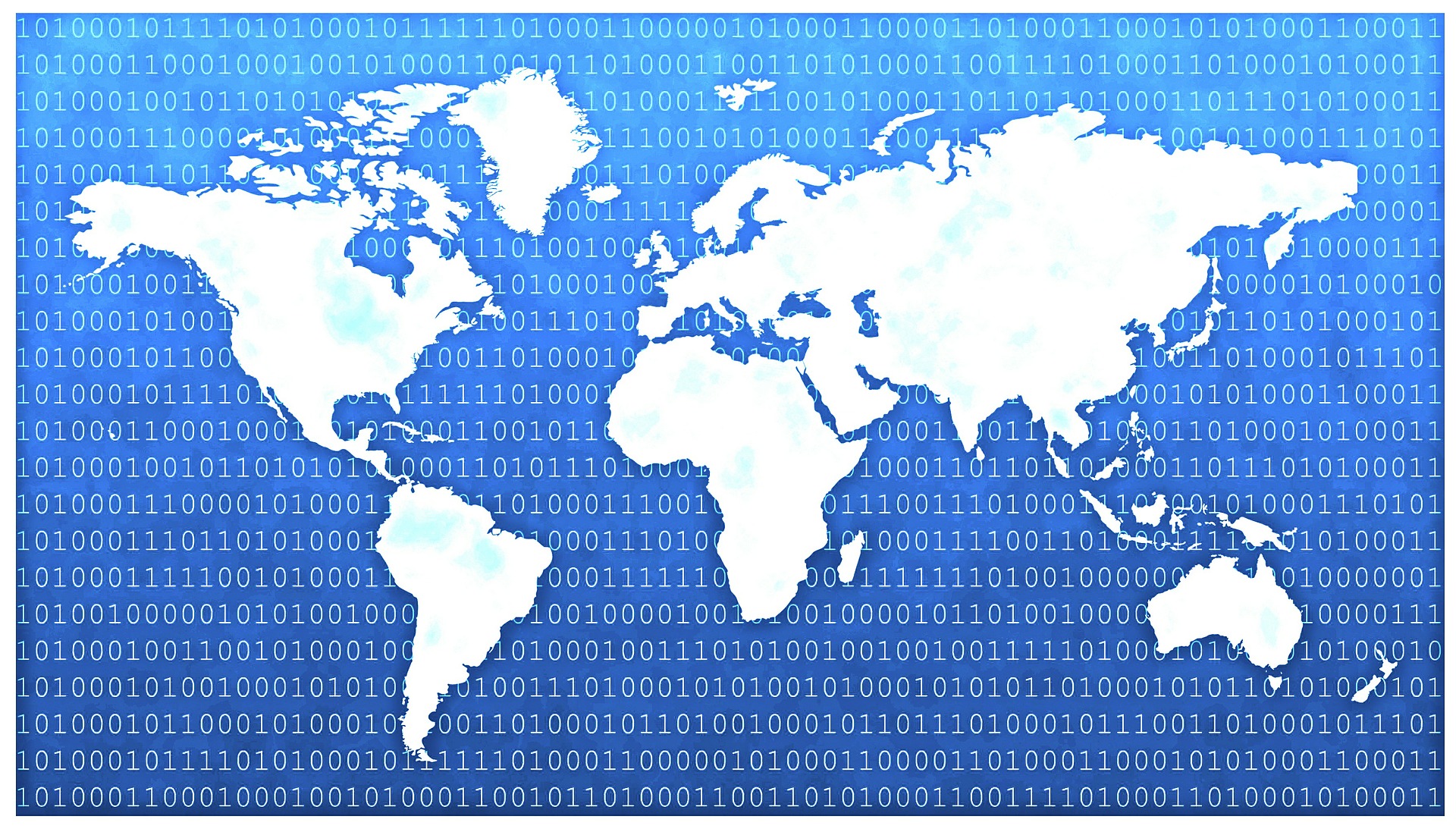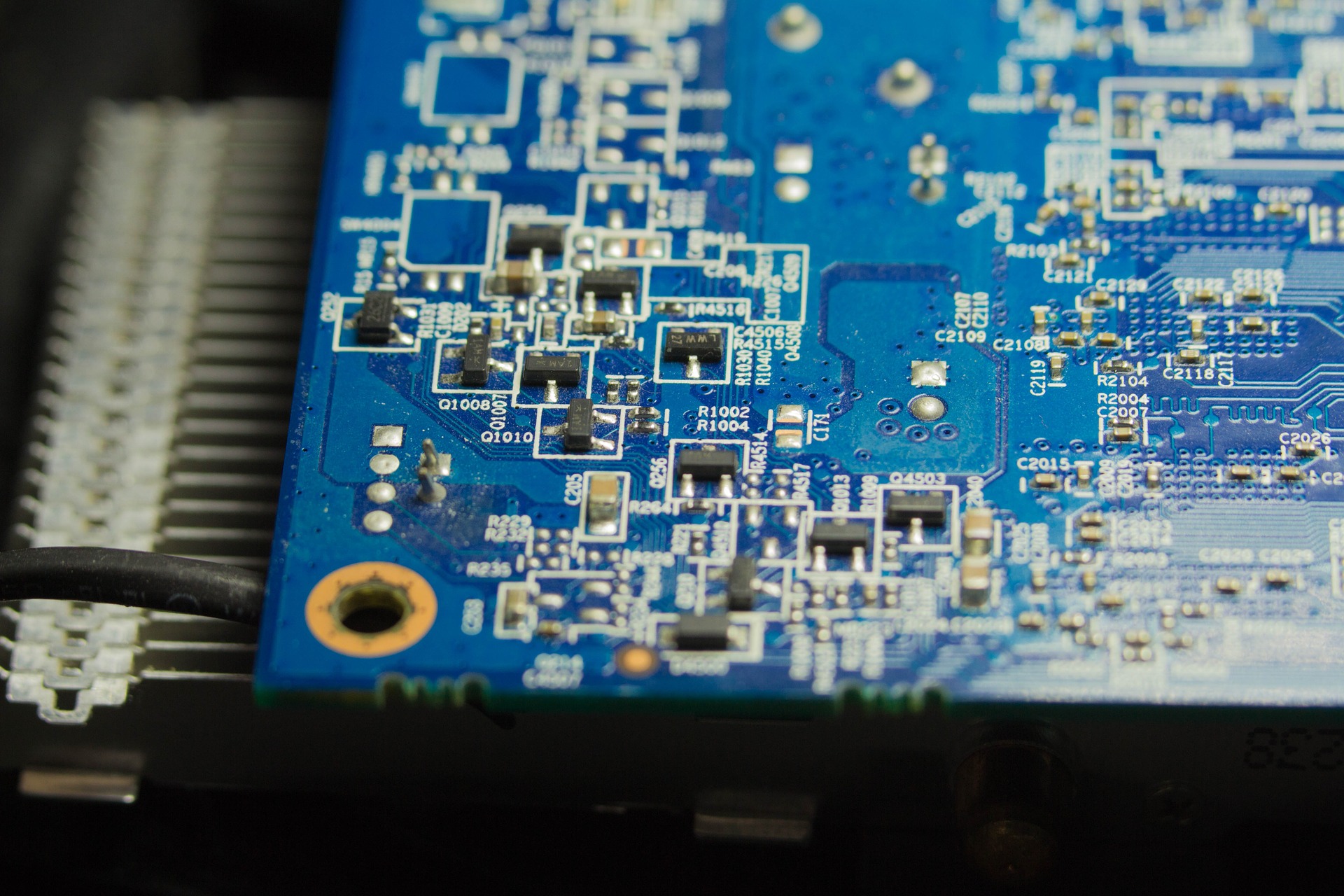Is Artificial Intelligence the new disruptive wave?
The overall Artificial Intelligence (AI) market is expected to be worth USD 16.06 Billion by 2022, growing at a CAGR of 62.9% from 2016 to 2022 (source: marketsandmarkets.com). The major factor driving the artificial intelligence market globally is the growing number of applications of AI technologies in various end-user verticals and the growing adoption…
Read more
